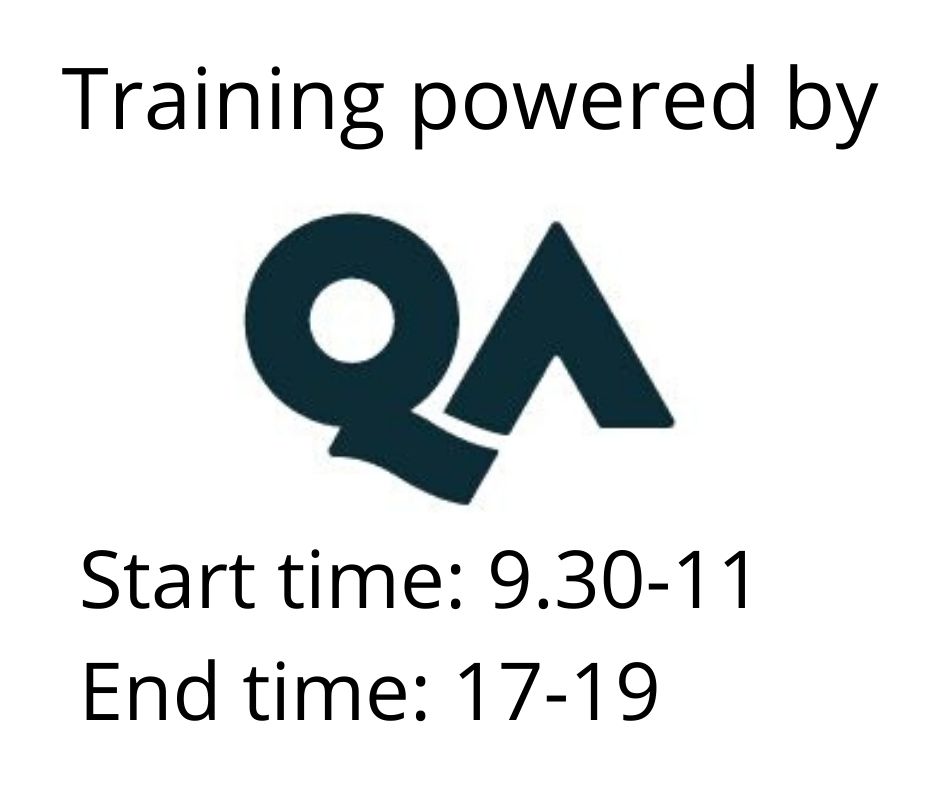Managing Technical Teams
Utbildningsformer
Längd
5 dagar
Pris
52640 kr
It is all very well saying that technology is central to driving growth and high performance in a modern digital age, but this growth agenda requires management of many technical teams. This challenge brings dilemmas. Organisations can promote both technical experts, or deploy those used to managing teams, even if not technical employees. Both types of staff need help to manage technical teams, given the growth demands faced by them.
Because the value of managing technical teams is so high in modern times, improving the performance of the team through better management has a high return on investment. Not only is there the better management of the team(s), there is also improved retention of these precious managers. Moving managing technical teams to better and better practise means any new people in role can learn quickly and contribute more to a thriving community of managers of technical teams.
Is managing a technical team the same as managing all teams? Our QA point of view is usually not. There are nuances and challenges specific to the environment, people and pace that affect what is expected of you when managing a technical team.There are also elements common to managing any sort of team, but these are less difficult to embrace. The common challenges encountered by managers and leaders of technical teams including separating from being an expert, maximising the diversity of team to become high performing, own strengths and weaknesses given previous experience, dealing with unexpected and complex challenges as a function of the technical nature of the team and work, merging technical and managerial skills, and flexing styles to not either micro-manage or appear aloof. Trust is key within technical teams and between them and their manager through understanding both the technical mind set and the business drive for technology and technical prowess to drive growth.
What can Managing Technical Teams do for you and your organisation?
Put simply ‘Managing Technical Teams’ drives more growth. In more subtle terms, the team move towards being high performing, managing the team leaders and managers takes less time, and more staff see moving into this position as positive. The managers themselves feel more confident, more able to lean into challenges and share their experiences with peers. The organisational capability to manage technical teams increases, potentially making it a source of advantage.
Our approach to your spending time learning
Our approach is very targeted. We look at specific and modern challenges around managing technical teams from the two main learner personas – a technical SME moving up and a business manager moving across/up to this demanding role. We use the specific technical context of the team and merge it with the person’s experience of managing teams. We compare and contrast experiences and sectors to gain a deep dive into the likely and better dynamics of the team given its make-up, aim in the business, and the potential for divides to open up between the technical and the value-add.
What’s included?
A specific look at Managing Technical Teams placed in our QA framework for Winning in the Digital Age. We look at the combination of people skills, team skills, digital skills and business skills require for the team to be high performing. It is the sharing of the soft and hard skills across different experiences and contexts that makes this course powerful.
We include many different ways of learning and behaving from ‘soft’ mindset changes, to the hard task of decision making, to the influencing role of managing the stakeholders of the team, to the very soft developing of trust and psychological safety, to understanding how the role of the team fits into the bigger picture of the organisation and its strategy.
The programme is divided into a 3-day workshop followed by a 2-day workshop one week later to help minimise the impact on your work and to allow you more time to put your learning into practise.
Included are sessions that clearly articulate how the learning can be translated into different technical contexts with different value add. Context and sharing matters in this programme.
- Create a plan to develop yourself and your team using an understanding of what it takes to manage and lead a high performing team.
- Manage team dynamics, resolve conflicts, and create a collaborative work environment that promotes teamwork.
- Improve business impact by identifying opportunities to improve communication, trust, motivation, and performance.
- Flex their leadership style to empower people and drive team and business outcomes.
This programme is for people who are managing or leading technical teams. They may be new to role and are looking to understand the range of capabilities that will help them, and their team be successful. They may have been in role for a while and want to re-fresh and update their approach to managing technical teams.
There are no pre learning or pre-requisites. Learners are purely asked to come with their experience, and their understanding of their unique context to share with others.
Throughout learners are asked to complete a QA Leveraging Learning Log (LLL) so that learning is translated into relevant opportunities for growth – personal and organisational. Unique to QA, the LLL is a key part of our teaching and learning strategy that ensures learning flows back into the workplace with effort of course, but without wasted or un-co-ordinated effort.
The course takes a view of managing technical teams that is deeply linked to the experience of the manager of the technical team and their context.
The course includes, by way of example of themes covered:
- QA’s Winning the Digital Age Framework.
- Dimensions of a high performing technical team.
- The role and importance of context in what high performing means and involves.
- Context talking points.
We look forward to running these events to make a difference to the learner and their organisation.
